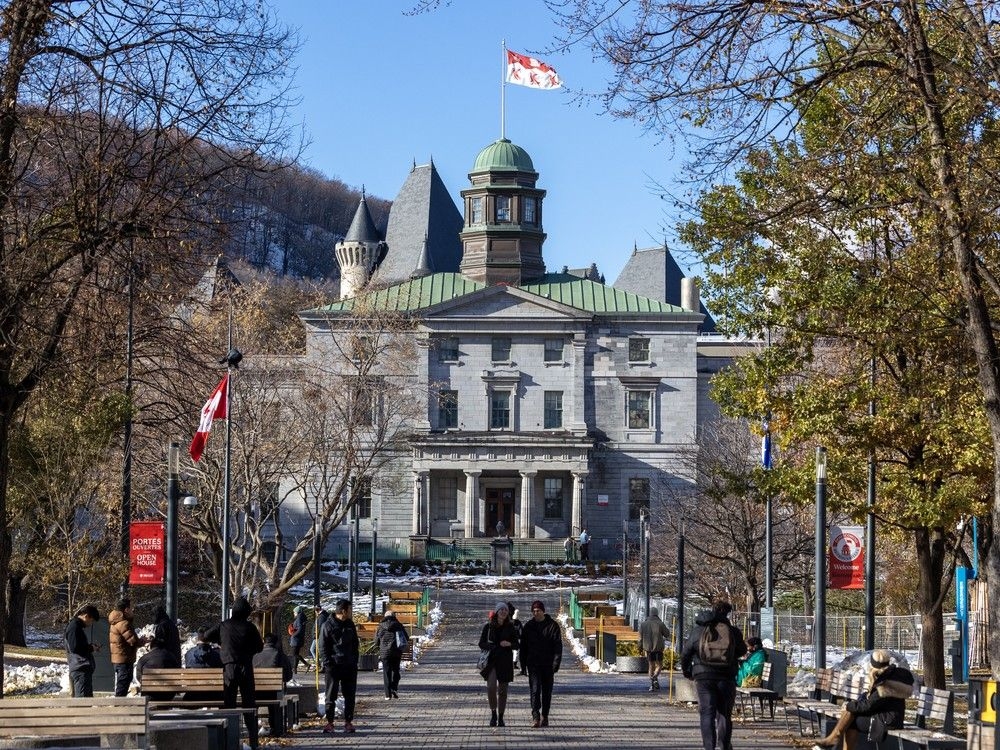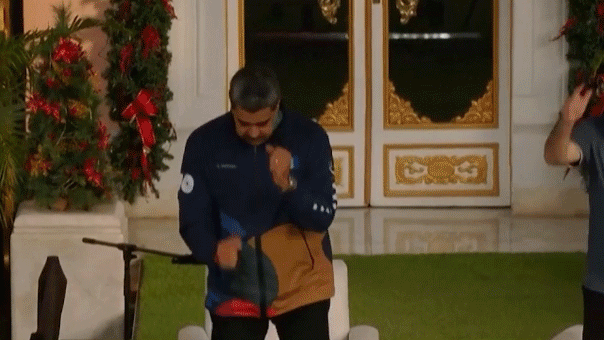The famed canals of Venice transformed into an unsettling shade of emerald green, a bold statement delivered by climate activists and drawing immediate, decisive action from Italian authorities. Greta Thunberg, a prominent voice in the global climate movement, found herself barred from the city for 48 hours following the dramatic protest.
The action, orchestrated by Extinction Rebellion, involved dyeing the Grand Canal with a fluorescent tracer – a substance the group insists is non-toxic and routinely used in environmental research to track water movement and identify leaks. Approximately thirty-five demonstrators, including Thunberg, were each issued a fine of $172 for their participation.
Extinction Rebellion framed the vivid display as a desperate attempt to force attention onto the looming threat of climate collapse, specifically highlighting Venice’s precarious position. The city, a jewel of European history, is increasingly vulnerable to rising sea levels and the escalating frequency of devastating floods.
The protest coincided with the conclusion of the COP30 United Nations climate conference in Brazil, sparking a coordinated wave of activism across ten Italian cities. Fountains in Genoa and Padova joined the Grand Canal in turning green, while rivers in Turin, Bologna, and Taranto experienced similar transformations.
A stark banner proclaiming “Stop Ecocide” draped the historic Rialto Bridge, a visual demand for systemic change. Simultaneously, a silent, haunting flash-mob, participants cloaked in red veils, moved through the throngs of tourists, a ghostly reminder of the future at stake.
Local officials reacted with swift condemnation. Veneto Province Governor Luca Zaia labeled the stunt a “disrespectful act” towards Venice, its rich history, and its inherent fragility, warning of potential environmental repercussions. He argued the protest risked damaging the delicate ecosystem of the canal.
The activists also leveled criticism at the Italian government, led by Prime Minister Giorgia Meloni, accusing them of obstructing more ambitious climate policies during the COP30 negotiations. This protest wasn’t simply about Venice; it was a direct challenge to national climate inaction.
Thunberg’s temporary ban and the fines issued represent a clear escalation in the response to climate activism, signaling a growing tension between those demanding urgent change and authorities prioritizing order and preservation of the status quo.






